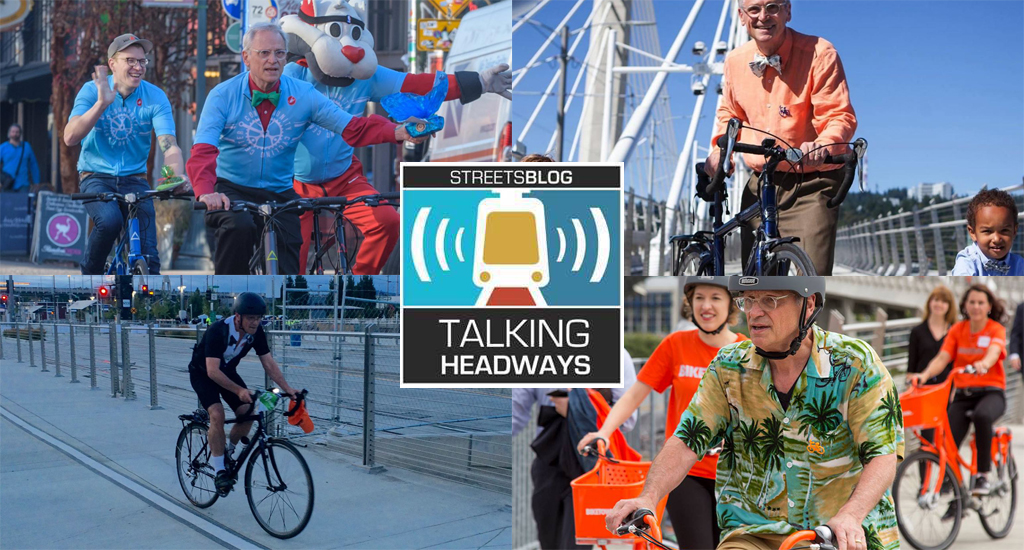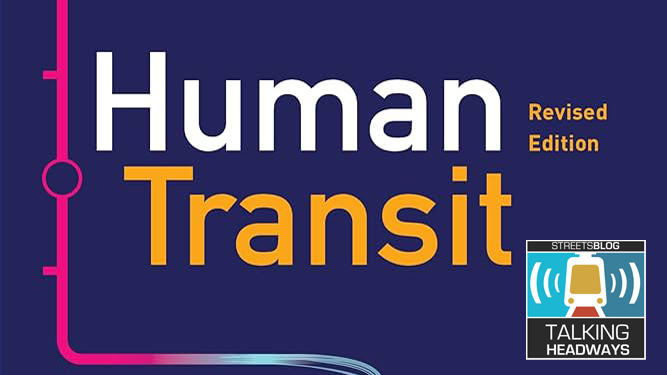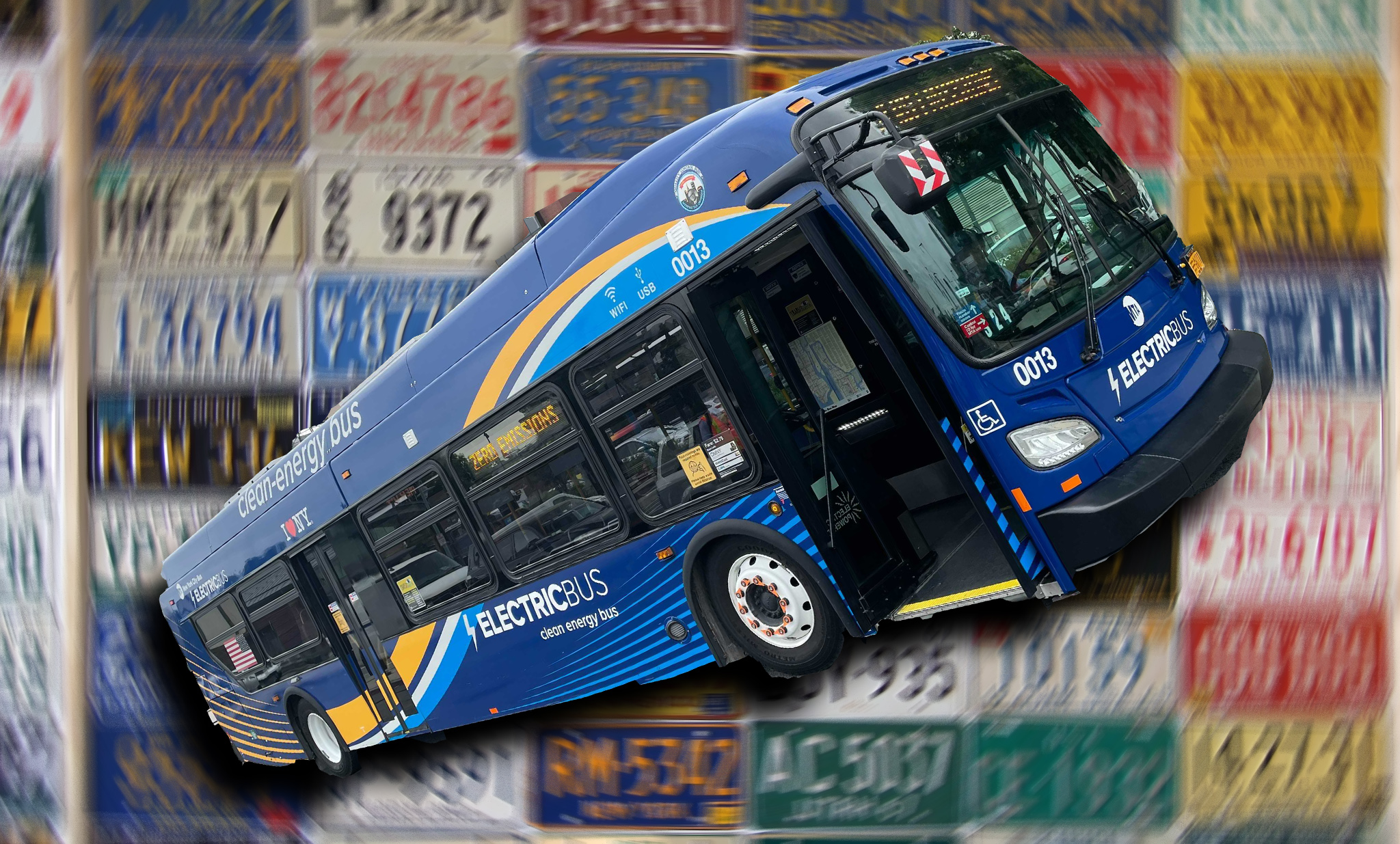This week we’re joined once again by legendary Congressman Earl Blumenauer of Oregon’s 3rd District.
We chat about connections between health care, food and transportation, progress on the Inflation Reduction Act and Infrastructure Investment and Jobs Act (IIJA), and future directions for transportation funding.
Click here for a full, AI-generated transcript of our conversation. Keep scrolling past the audio player below for an edited excerpt.
Jeff Wood: You mentioned the curb earlier, and I think that’s a really important point about how much the curb covers — because it does so much, and I see kind of the streets as a public utility in this way. The curb deals with water and how it’s drained. We deal with electricity as the poles and everything else goes along the curb. We do deliveries on the curb, we deliver people on the curb, we park on the curb, we have access to transportation and things like that. So there’s a whole smorgasbord of things that is accessed at the curb. We’re just starting to talk about it, but it needs to be elevated in the discussion because it is so important to all of these different things.
Earl Blumenauer: I think you’re right. One of the things that’s happened to us all in the midst of the pandemic is that we started looking a little different. There were a lot of people who were, you know, sidewalk restaurants, you know, where they, they were able to move out, particularly when it was important for people to be outdoors. And there was concern about infection. So we had countless pop-up restaurants around the country that encroached on that space. But it pinched what happened for both in roadways and in terms of sidewalks. It illustrated that tension and that’s still playing out in communities across the country.
I think we have an opportunity for a reset as we look at the value of land, we look at opportunities for new technologies and land use patterns and people looking at this differently. The bizarre situation in New York where you have alternate street parking every other week. People run out and move their cars and it’s actually occasion of violence there. People get in fights over parking spaces or somebody dug out the snow for their parking space and they end up with gun battles. People are quite territorial, but it’s time to help understand that this part of the right of way belongs to us all and look at the highest and best use, whether it’s parking, being able to have sidewalk cafes, more pedestrian and cycling facilities.
There’s fierce demand for the right of way, but frankly we are overbuilt with so much concrete and asphalt that there’s an opportunity to repurpose a lot of this, narrowing roadways which we know are safer roadways and we are overbuilt. I just marvel when I go to Houston and, and, and look at, you know, was it 32 lanes now? And they’re looking to expand it?
Jeff Wood: Something like that. I was born and and raised in Houston and my sisters and I had a joke that there was always one person in an orange vest working on a highway at all times in the city. They’re always expanding.
Earl Blumenauer: And we’re just finding that for communities that have rolled the dice for highway expansion, it doesn’t solve the congestion problems.
I think there’s growing awareness of that. Houston is actually pretty good example in terms of moving. I helped fight their congressional delegation back in the day when Tom DeLay wanted to stop the light rail. Now there are three light rail lines. And in Mayor Parker’s last term, her signature project was $150 million bond measure for bike paths and dealing with flood control.
I was in Houston earlier this year and it was really spectacular seeing what they built. These are things that people recognize and they’re doubling down.





